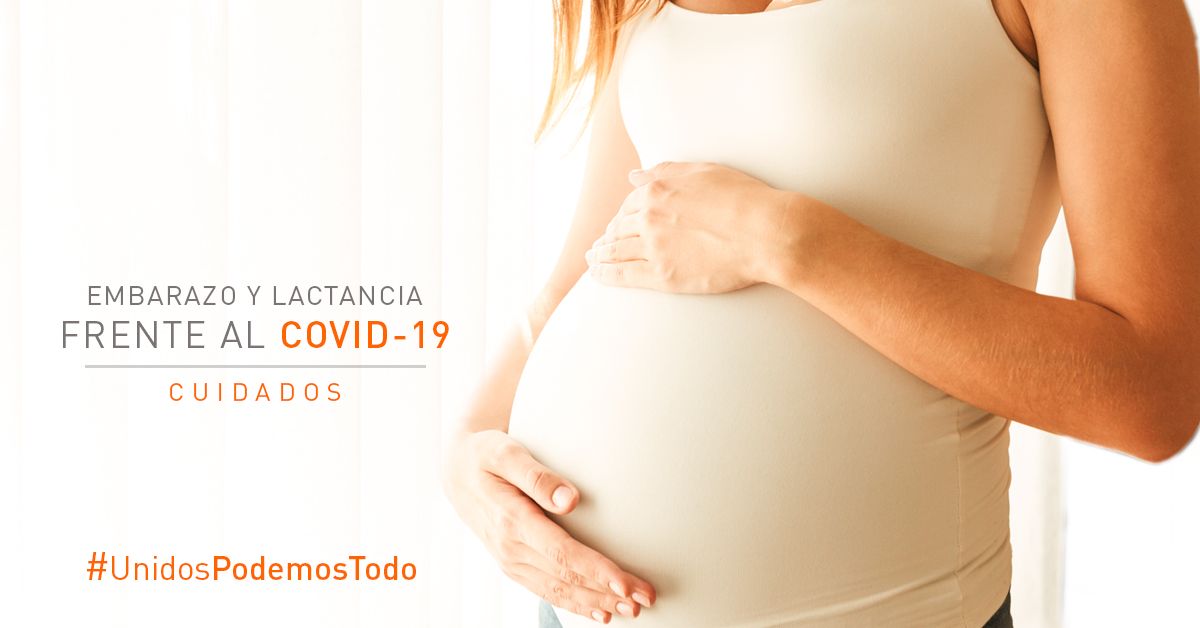The Centers for Disease Control and Prevention (CDC) is one of the most important operational components of the U.S. Department of Health and Human Services. According to the CDC, we currently do not know if pregnant women are more likely to get sick from COVID-19 than the general public, nor if they are more likely to experience severe illness as a result. Based on available information, pregnant women appear to be at the same risk as non-pregnant adults.
However, we do know that:
Pregnant women experience changes in their bodies that may increase their risk of certain infections.
Pregnant women have been at increased risk of severe illness from viruses in the same family as COVID-19 and other viral respiratory infections, such as influenza.
Pregnant women should protect themselves from COVID-19
Avoid being around people who are sick or have been exposed to the virus.
Wash your hands frequently with soap and water or use an alcohol-based hand sanitizer.
Clean and disinfect frequently touched surfaces daily.
Risks to pregnancy and the baby
Pregnant women have been at increased risk of severe illness from viruses in the same family as COVID-19 and other viral respiratory infections, such as influenza.
It's always essential for pregnant women to protect themselves from illness. (How to protect yourself)
Mother-to-child transmission
Transmission of the coronavirus from mother to child during pregnancy is unlikely, but after birth, the baby is susceptible to person-to-person spread.
A very small number of babies have tested positive for the virus shortly after birth. However, it is unknown whether these babies contracted the virus before or after birth.
The virus has not yet been detected in amniotic fluid, breast milk, or other maternal samples.
Breastfeeding if you have COVID-19
Breast milk provides protection against many diseases and is the best source of nutrition for most babies.
You, along with your family and healthcare providers, should decide whether and how to begin or continue breastfeeding.
In limited studies, COVID-19 has not been detected in breast milk; however, we don't know for sure if mothers with COVID-19 can spread the virus through breast milk.
If you are sick and choose to breastfeed directly, wear a mask and wash your hands before each feeding.
If you are sick and choose to use expressed breast milk:
Pump your breast milk to establish and maintain your milk supply.
You should be provided with a breast pump for your exclusive use.
Wash your hands before touching any parts of the pump and its containers, and before expressing your breast milk.
Follow the recommendations for proper pump cleaning (Spanish) after each use, and clean all parts that came into contact with breast milk.
If possible, have someone who is well feed the baby expressed breast milk.
Bepensa Lactariums
Since 2016, Bepensa, as a Socially Responsible Company, has been committed to providing quality, warm, and adequate spaces that allow its employees to fully exercise their right to breastfeed in its main work centers. Having adequate breastfeeding spaces in the workplace has significant benefits, not only for mothers and their children, but also for companies committed to this issue, as it strengthens a positive and inclusive organizational culture. Bepensa is proud to reaffirm its commitment to our people and to be part of an initiative that permanently promotes comprehensive well-being for a healthier life.
Today we have numerous lactation centers in both Mexico and the Dominican Republic.
At Bepensa, we would like to extend our Mother's Day greetings to all women blessed with the joy of being mothers, especially to our employees, who have our full support and backing, especially during this time of emergency.
Congratulations to all!
#UnitedWeCanDoIt



